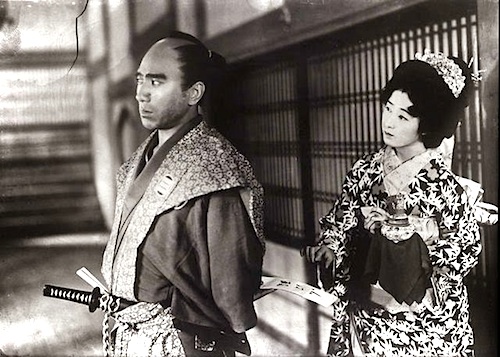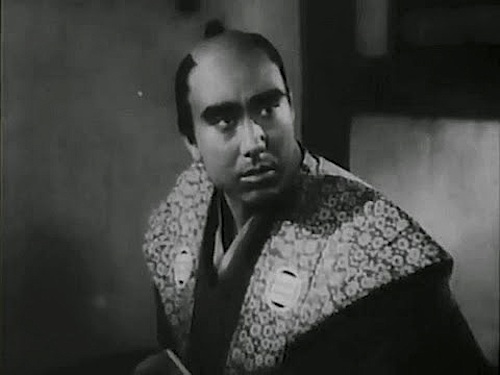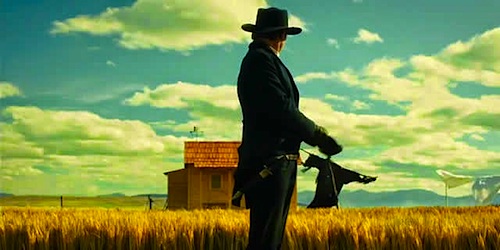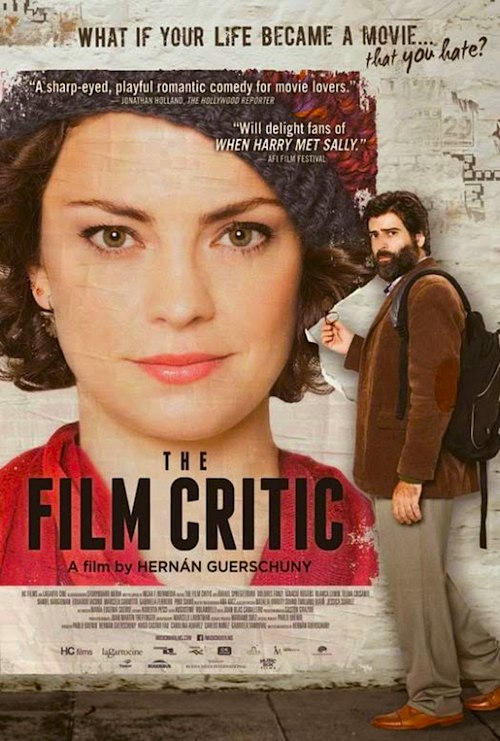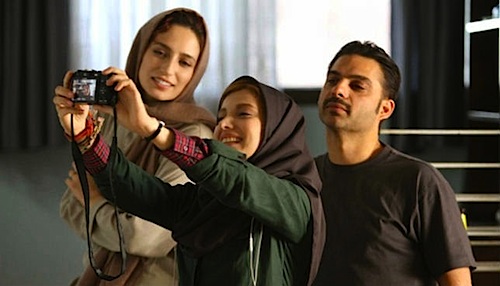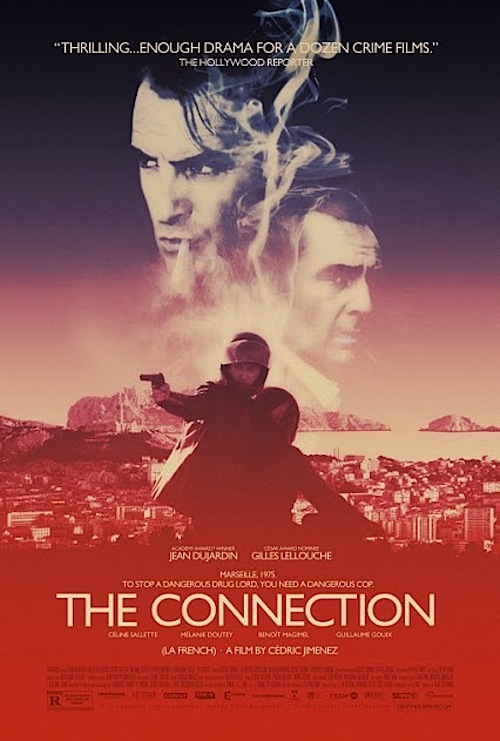By Joe Bendel. It was called Reconstruction, implying rebuilding and renewal, but there was still considerable violence during the years following the Civil War. The Rileys will learn this first hand. They are not Radical Republicans facing the wrath of the Ku Klux Klan. They will simply get caught up in an old school family feud. Unfortunately, the war made killing immeasurably easier in Kane Senes’s Echoes of War, which opens tomorrow in New York.
The war has been over for a while, but Uncle Wade is only now making his way home to Texas. He clearly saw considerable action and it changed him. The Riley family had their share of tragedy on the homefront as well. His sister Elizabeth passed away, leaving his devout brother-in-law Seamus Riley to raise their nearly grown daughter Abigail and teenage son Samuel.
The kids love their uncle, but Riley is far less embracing. They seem to have a history, but Uncle Wade has history with everyone. He soon discovers the formerly well-to-do McCluskey family has been raiding Riley’s traps with impugnity, barely leaving enough for the family to live on. The father is a turn-the-other-cheek fellow, who also remains mindful of the complicated relations between the respective families. In contrast, their thievery does not sit well with Uncle Wade, so he aims to fix it. Of course, this all complicates Abigail’s Capulet-and-Montague romance with the earnest but ineffectual Marcus McCluskey.
Eventually, Senes will get down to score-settling, but he is clearly more interested in exploring Uncle Wade’s post-traumatic stress and young McCluskey’s halting courtship of Abigail. Arguably, the chaotic in medias res opener is not the way to commence a moody film like Echoes. It is an impressively textured film, with a good eye for period detail and natural backdrops. However, the tragic inevitability of the narrative could also be uncharitably described as predictable. Just imagine the worst that could happen and it probably will.
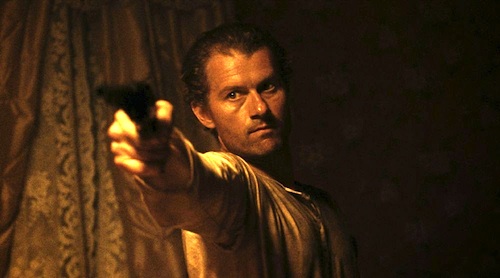
Regardless, an awful lot of people will eventually see Echoes on VOD or cable, because Maika Monroe is about ten seconds away from being the next Jennifer Lawrence. (Honestly, has JLaw done anything as cool as It Follows?) She is quite good as Abigail Riley, but her character stays well within the conventional parameters for a daughter of the old west.
On the other hand, Ethan Embry is nearly unrecognizable, in every way, as the tortured Seamus Riley. His Old Time religion could have easily become the stuff of cliché and even mockery, but Embry uses it to bring out his humanity. It is a great performance, but also James Badge Dale proves he has the chops and presence to lead a film as the tightly wound Uncle Wade. As usual, William Forsythe does his thing as the overbearing McCluskey patriarch, but it is hard to see why Miss Abigail would entertain the advances of Rhys Wakefield’s lifeless junior McCluskey brother.
To its credit, Echoes is a handsome period production. At times, you can smell the honeysuckle and feel the hot dry Texas air. Senes helms with notable sensitivity, but the story of the shell-shocked veteran having trouble coming to grips with life after war started yielding declining marginal returns years ago. Recommended for western-Americana viewers looking for a streaming distraction, Echoes of War releases tomorrow (5/15) on iTunes and opens in New York at the AMC Loews Village 7.
LFM GRADE: B-
Posted on May 14th, 2015 at 4:44pm.
